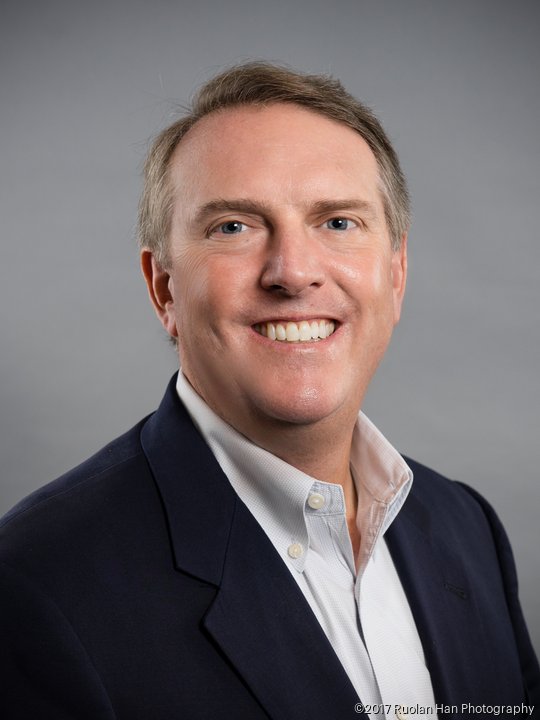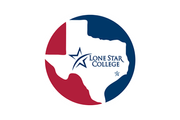
Houston-based Salarius Pharmaceuticals (Nasdaq: SLRX) said Aug. 9 that it will cut half of its workforce despite receiving positive clinical responses from the Food and Drug Administration.
Salarius also said it had brought on financial services company Canaccord Genuity LLC to explore options including, but not limited to, an acquisition, merger, reverse merger, divestiture of assets, licensing or other strategic transactions. There is no current timetable on when the company would engage in any transactions.
The remainder of Salarius’ workforce will focus on limited drug development, including further work with the FDA to determine clinical registration requirements of the company’s Seclidemstat Ewing sarcoma program. Previously, the company paused development of the treatment after a patient death, according to a 2022 press release.
Salarius did not respond to the Houston Business Journal's request for comment on the timeframe of the cuts or how many employees would be affected.
David Arthur, president and CEO of Salarius, said in a statement that the decision was “exceptionally difficult” as the FDA had given clearance to begin the clinical trial of SP-3164, a treatment that showed early promise in slowing tumor growth in some cancers.
“The second quarter and recent weeks were highlighted by significant advancements in both of our development programs, but after a review of each program’s future funding needs and the current financial markets, the board of directors has made the difficult decision to limit further drug development while we explore strategic alternatives for both Salarius and continued development of our drugs,” Arthur said in the statement.
According to a 10-Q report filed in May, Salarius had just over $9.2 million in cash, down from its approximately $12 million at the beginning of 2023. The company secured a $6 million private placement later in the same month, though its impact on Salarius’ finances is currently unknown.
Salarius moved to Houston from Salt Lake City after receiving an $18.69 million grant from the Cancer Prevention and Research Institute of Texas in 2016. In 2019, Salarius and struggling Boston-based pharmaceutical company Flex Pharma went through a reverse merger, making Salarius a public company. Following the merger, Salarius and Chicago-based institutional investor Aspire Capital Fund LLC agreed to a $10.9 million common stock purchase agreement in October 2019.
Since going public, however, Salarius has run afoul of Nasdaq regulations related to minimum share price. The company first ran the risk of delisting from the stock exchange on multiple occasions beginning in April 2020, as its average closing price of common stock remained below $1 per share for over 30 trading days.
Following a November 2021 notice from the Securities and Exchange Commissison, Salarius’ board effected a 1-for-25 reverse stock split, consolidating every 25 of the company’s stock into one in order to raise the price of each share.
Despite its Nasdaq issues, Salarius was still able to raise funds and complete acquisitions. In January 2022, the company acquired a portfolio of oncology drugs, including SP-3164, from Massachusetts-based DeuteRx LLC, for $1.5 million and 1 million shares of common stock. Salarius also moved to new offices within the Texas Medical Center in 2020, departing from its previous space at Johnson & Johnson's JLABS.





